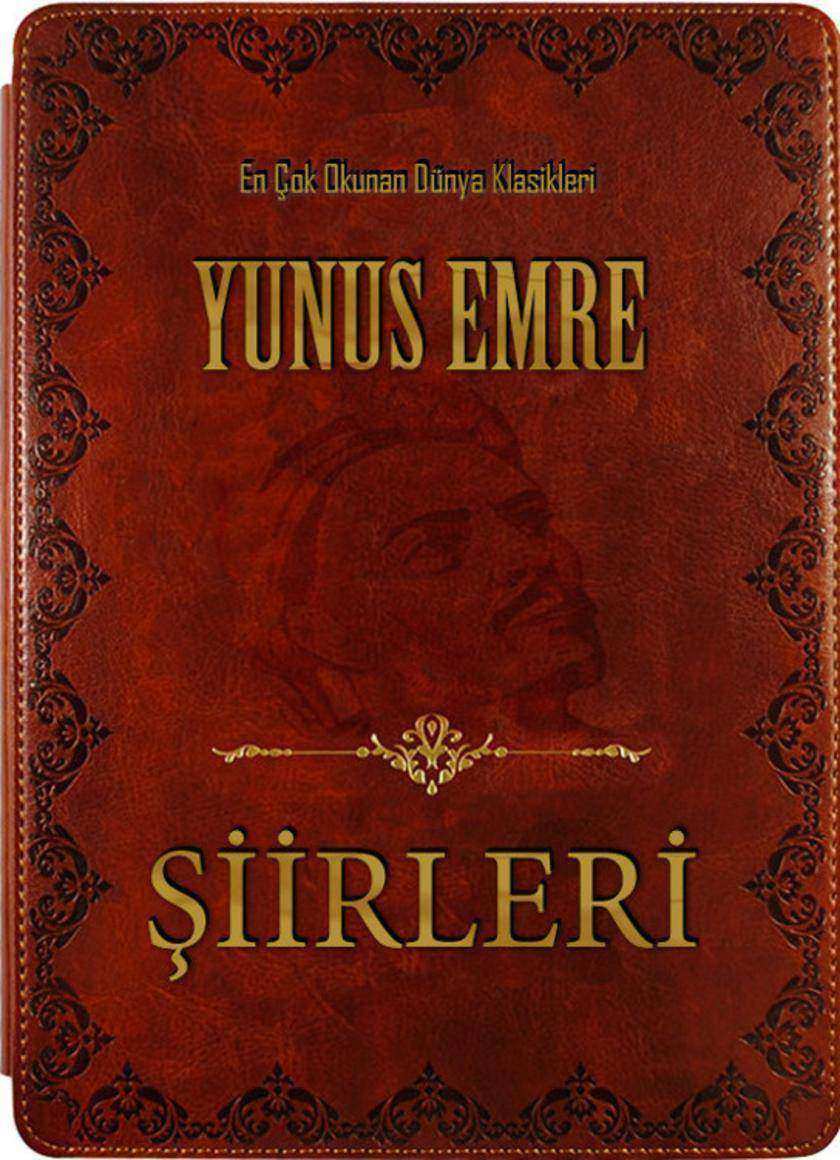
YUNUS EMRE SE?ME ???RLER?
¥2.62
YUNUS EMRE SE?ME ???RLER?
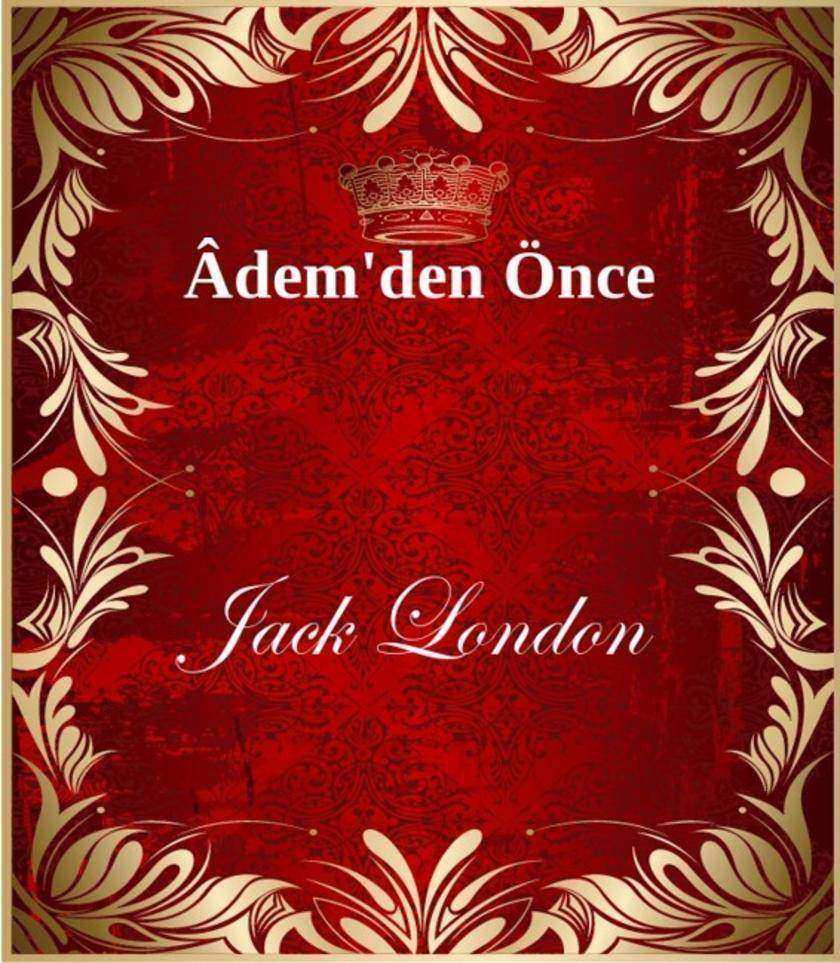
Ademden ?nce
¥2.62
Ademden ?nce
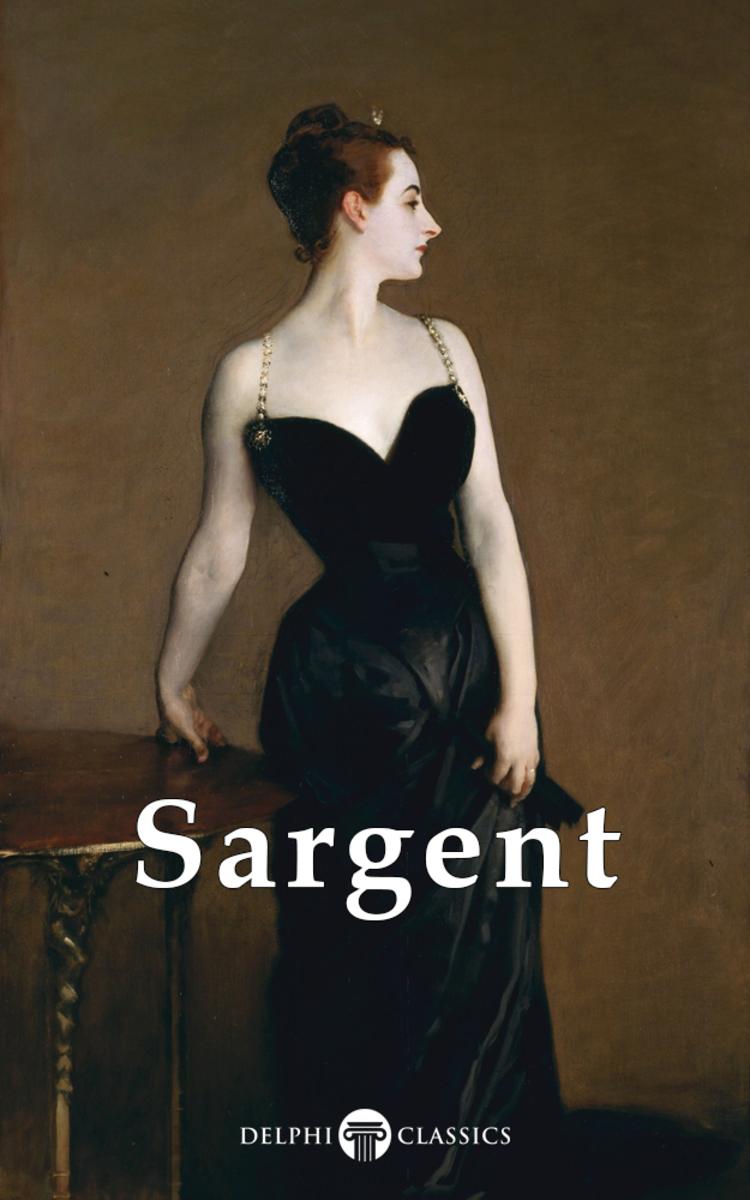
Delphi Complete Works of John Singer Sargent (Illustrated)
¥24.44
Delphi Complete Works of John Singer Sargent (Illustrated)

Romana 595. (Válj el, de nélkülem!)
¥20.11
Romana 595. (Válj el, de nélkülem!)
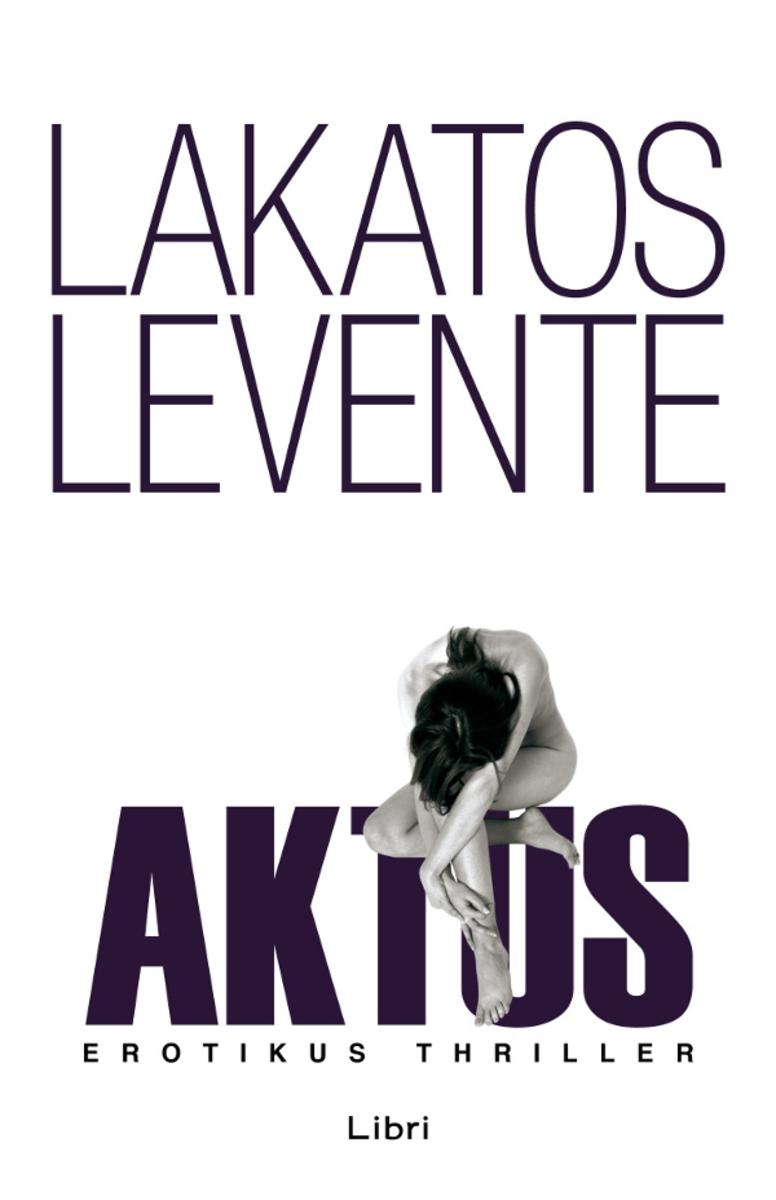
Aktus
¥74.56
Aktus

?letképtelenek
¥65.97
letképtelenek
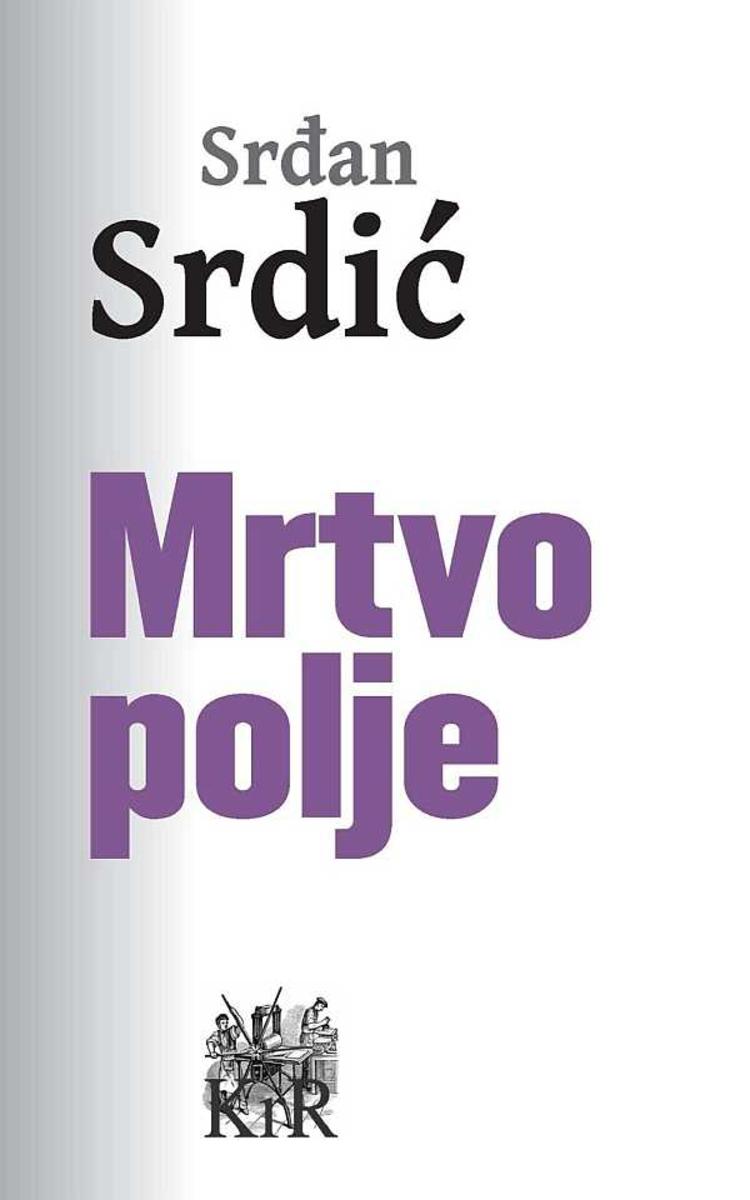
Mrtvo polje
¥37.20
Mrtvo polje

A világpók
¥28.86
A világpók
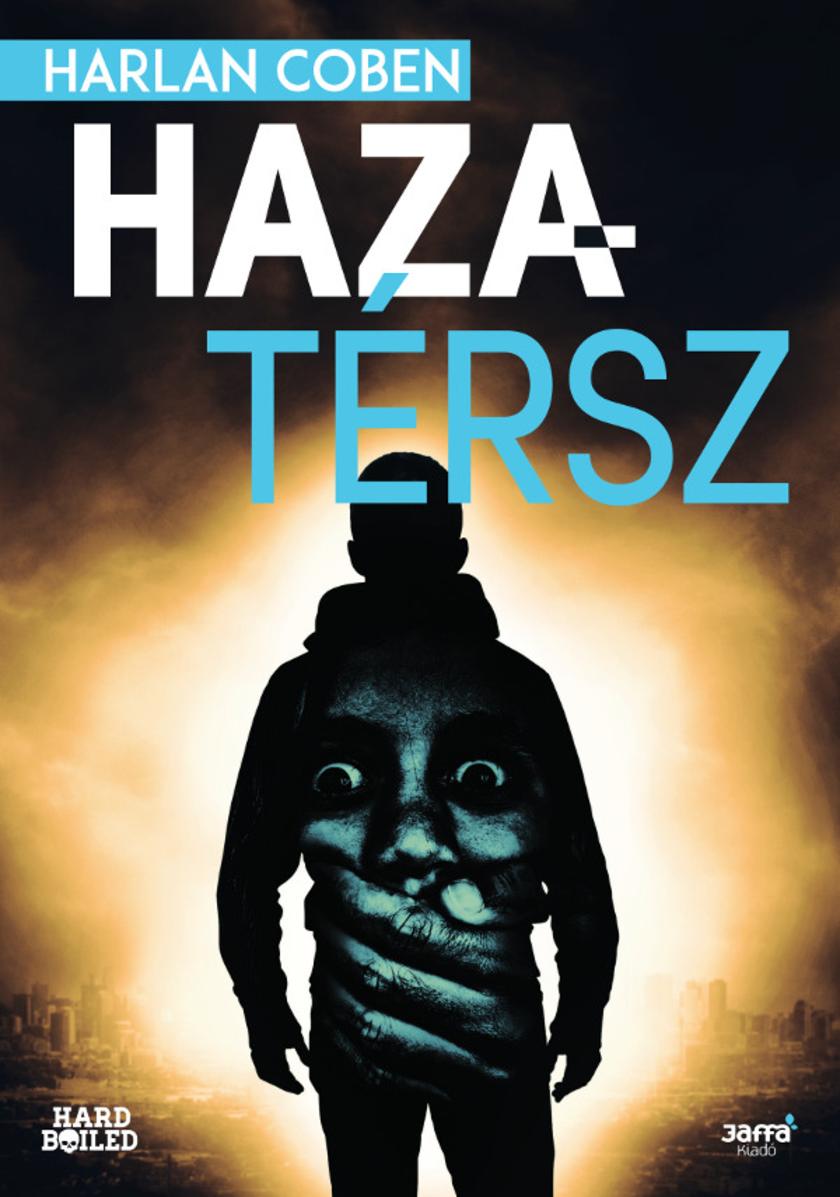
Hazatérsz
¥72.59
Hazatérsz
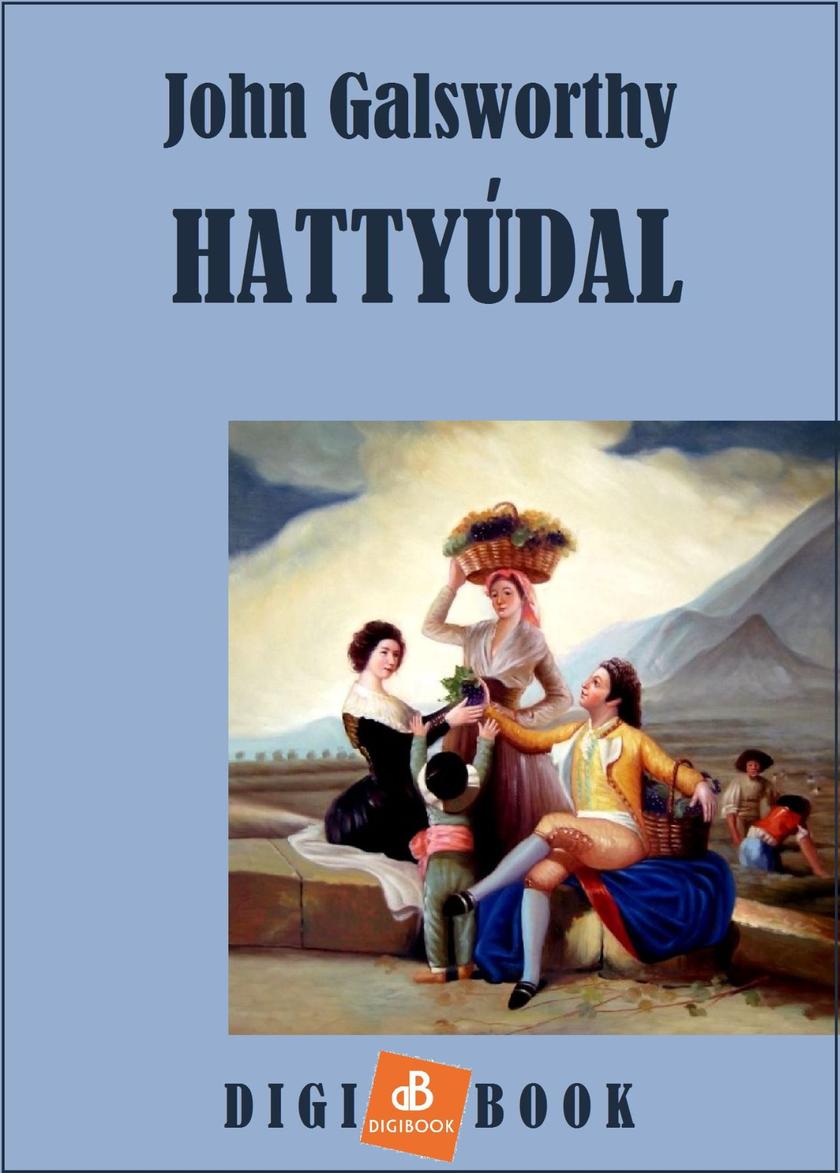
Hattyúdal
¥28.86
Hattyúdal
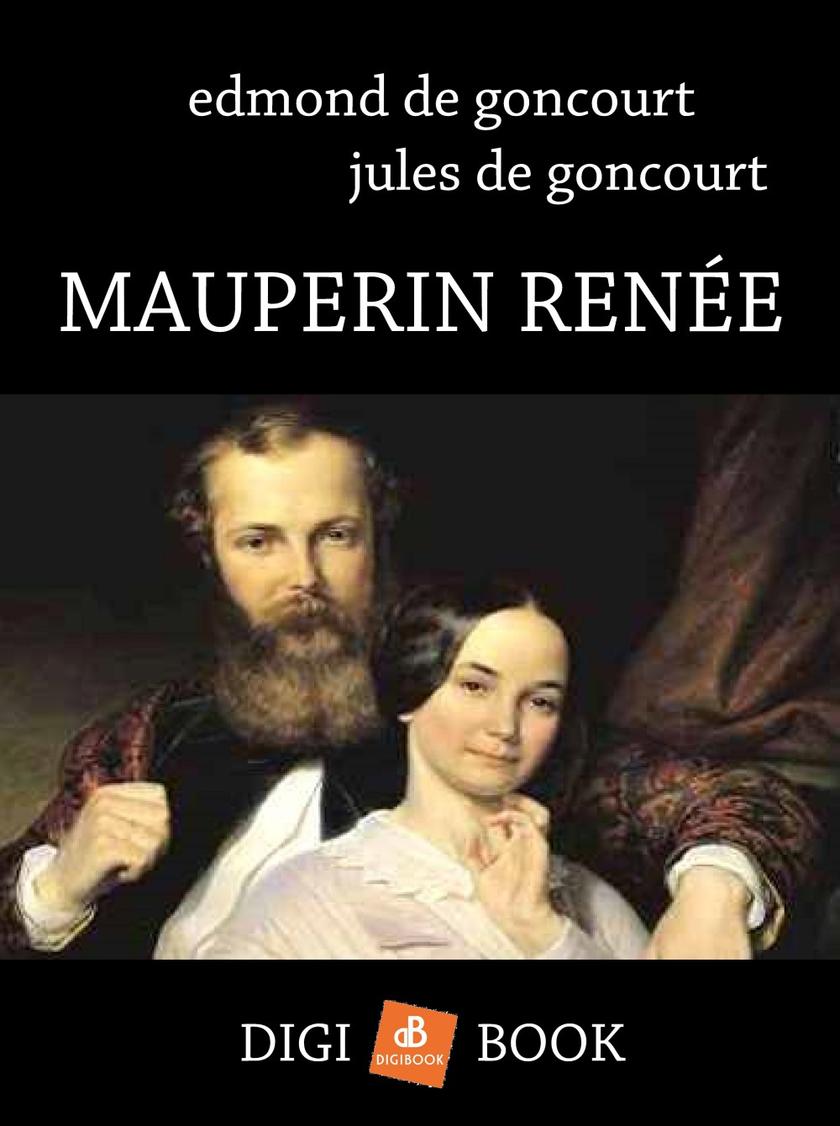
Mauperin Renée
¥28.86
Mauperin Renée
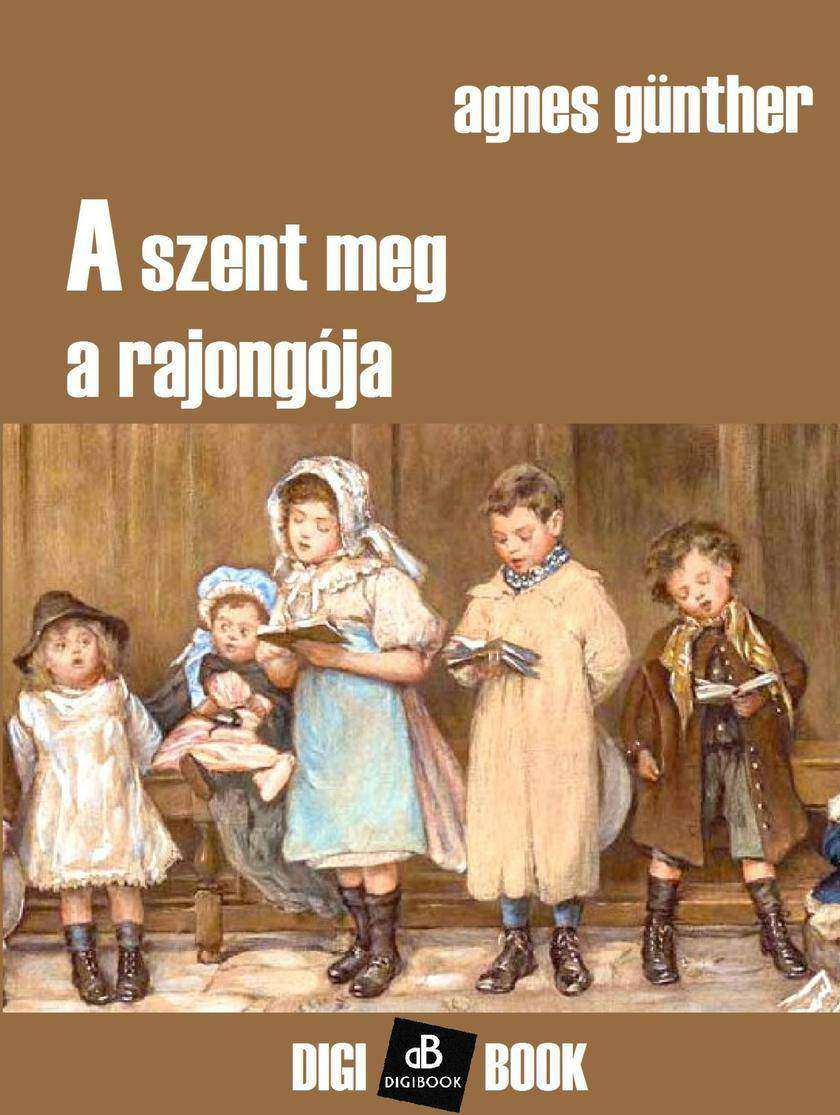
A szent meg a rajongója
¥20.11
A szent meg a rajongója
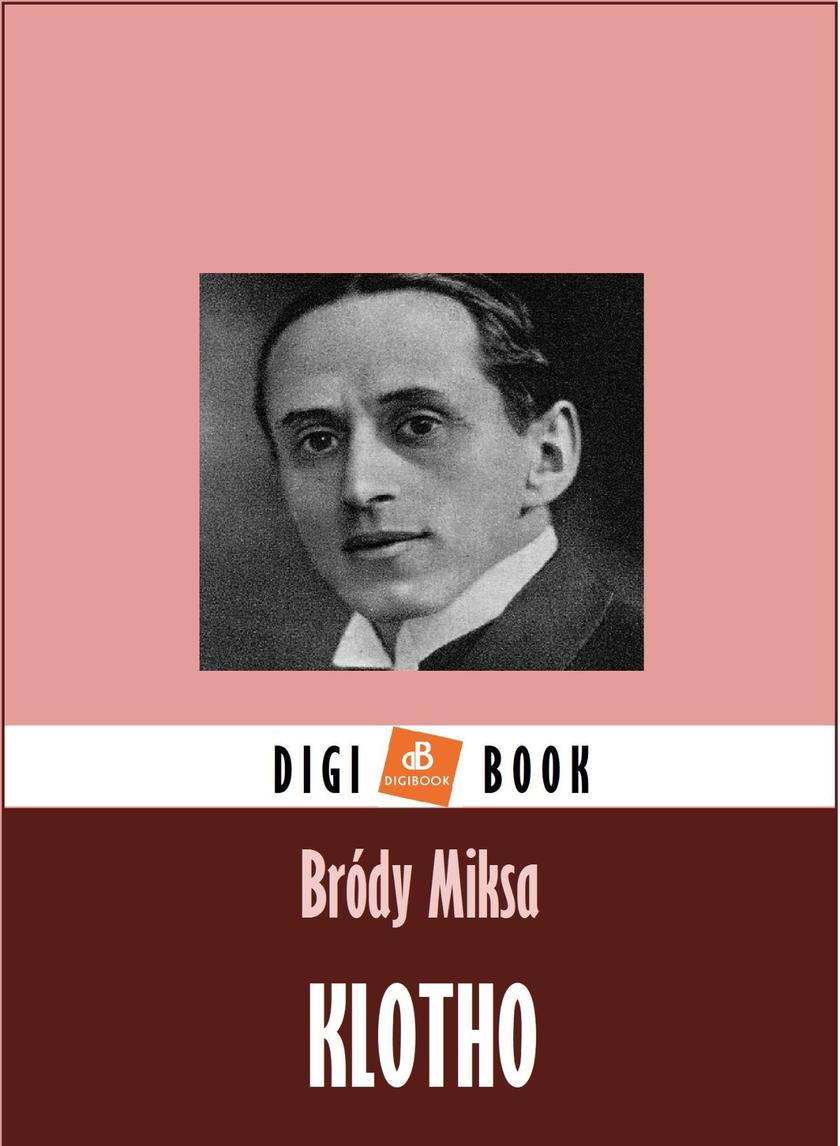
Klotho
¥14.31
Klotho
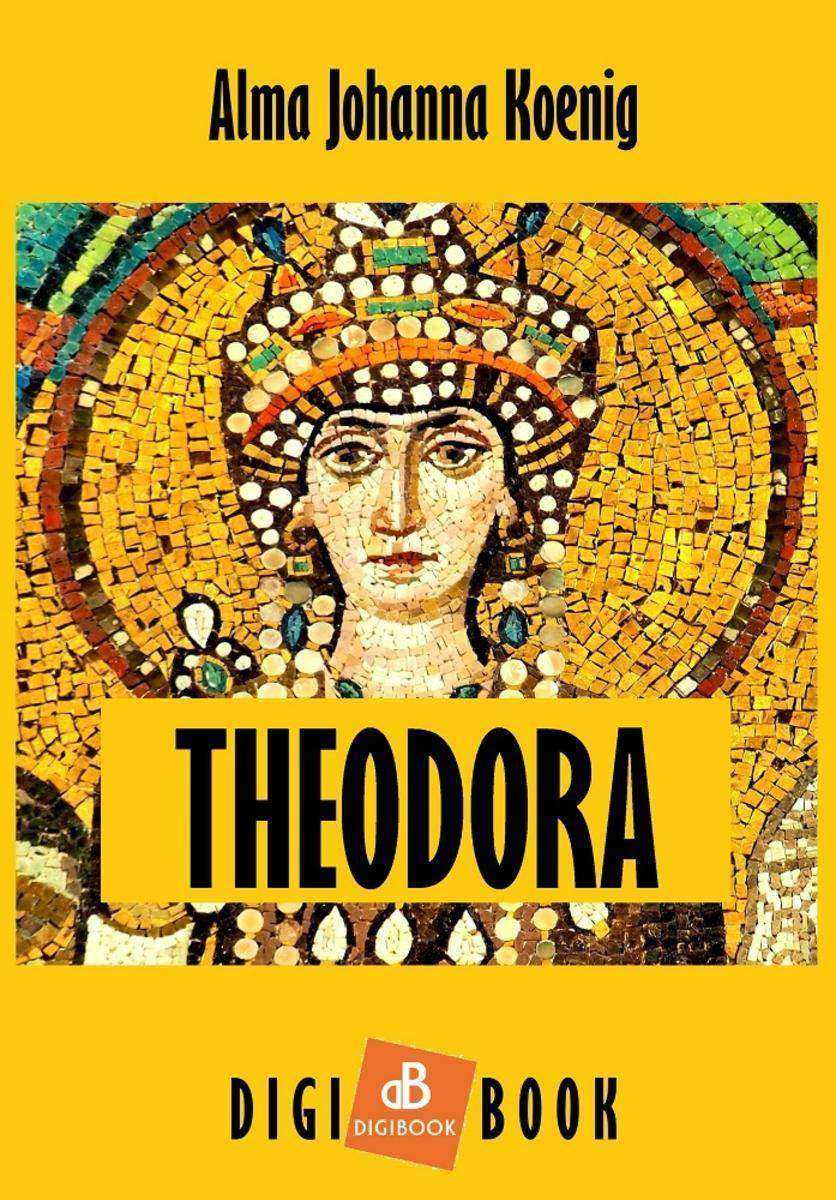
Theodora
¥34.66
Theodora
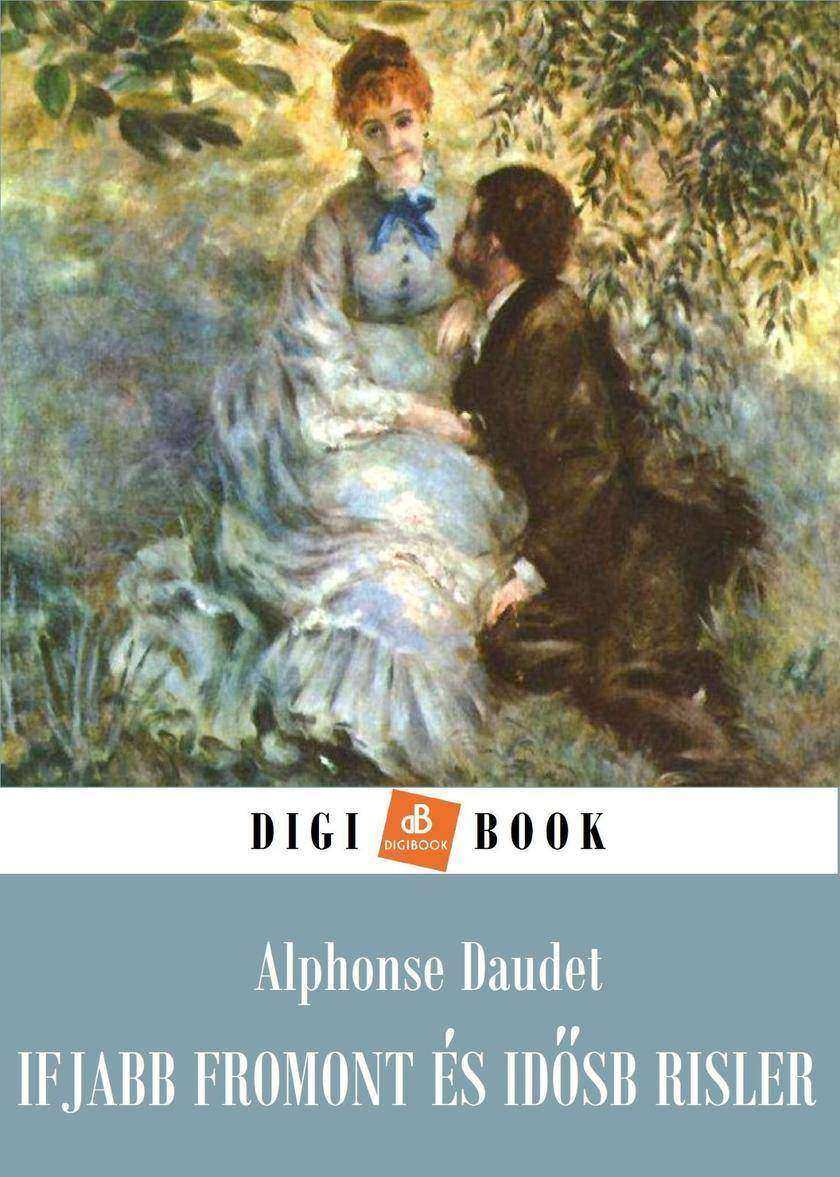
Ifjabb Fromont és id?sb Risler
¥29.02
Ifjabb Fromont és id?sb Risler

Sima ügy
¥58.29
Sima ügy
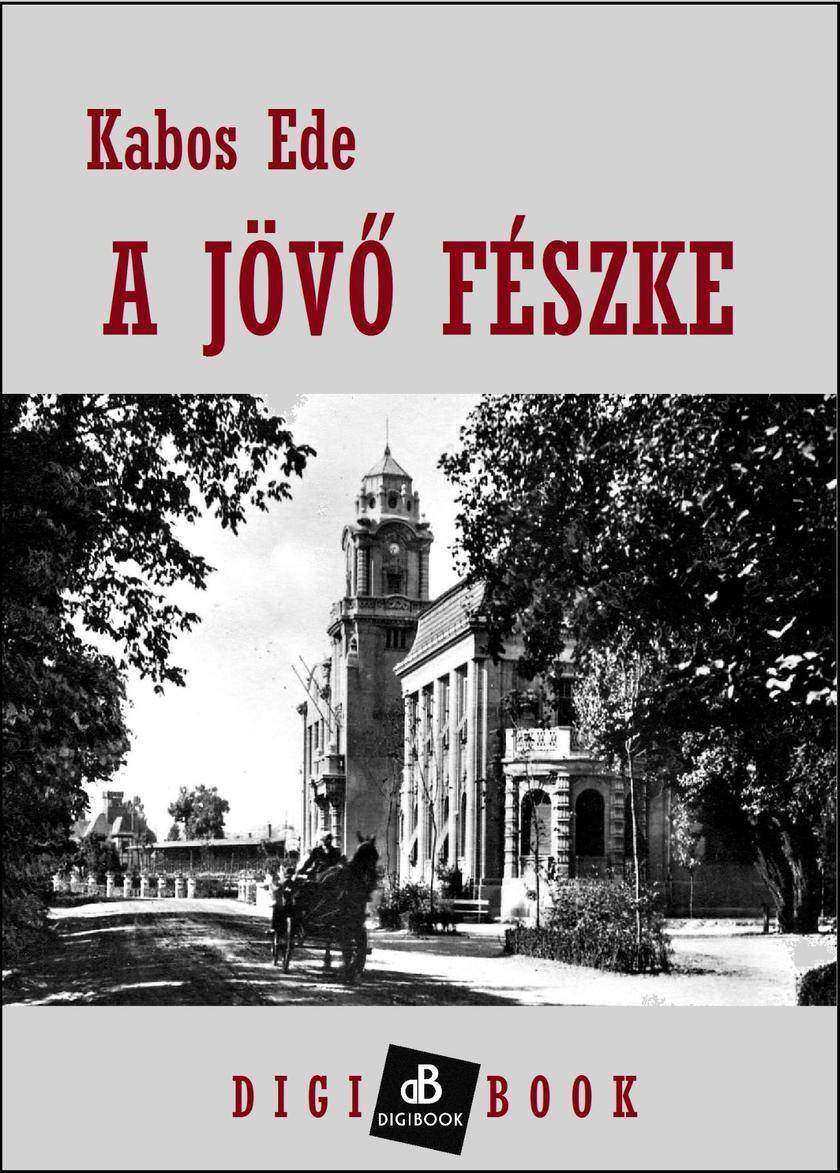
A j?v? fészke
¥20.11
A j?v? fészke
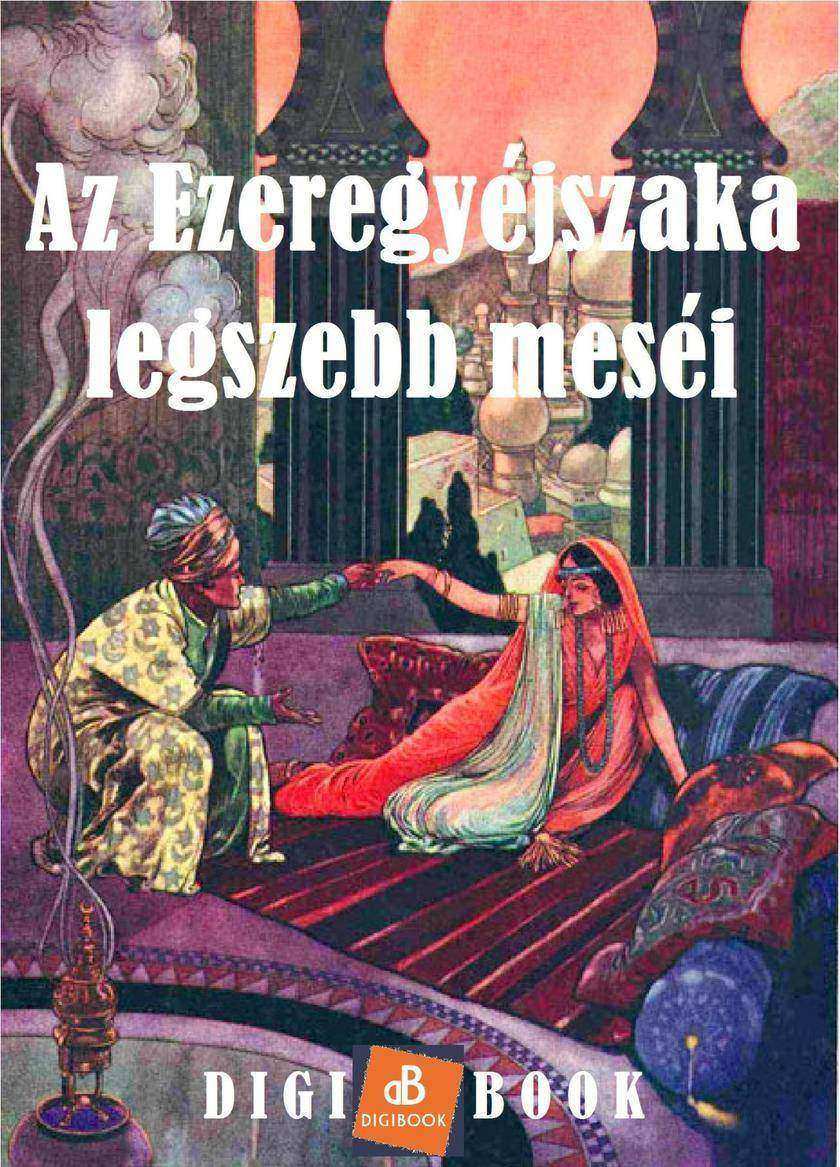
Az Ezeregyéjszaka legszebb meséi
¥29.02
Az Ezeregyéjszaka legszebb meséi

Halott lelkek
¥55.10
Halott lelkek
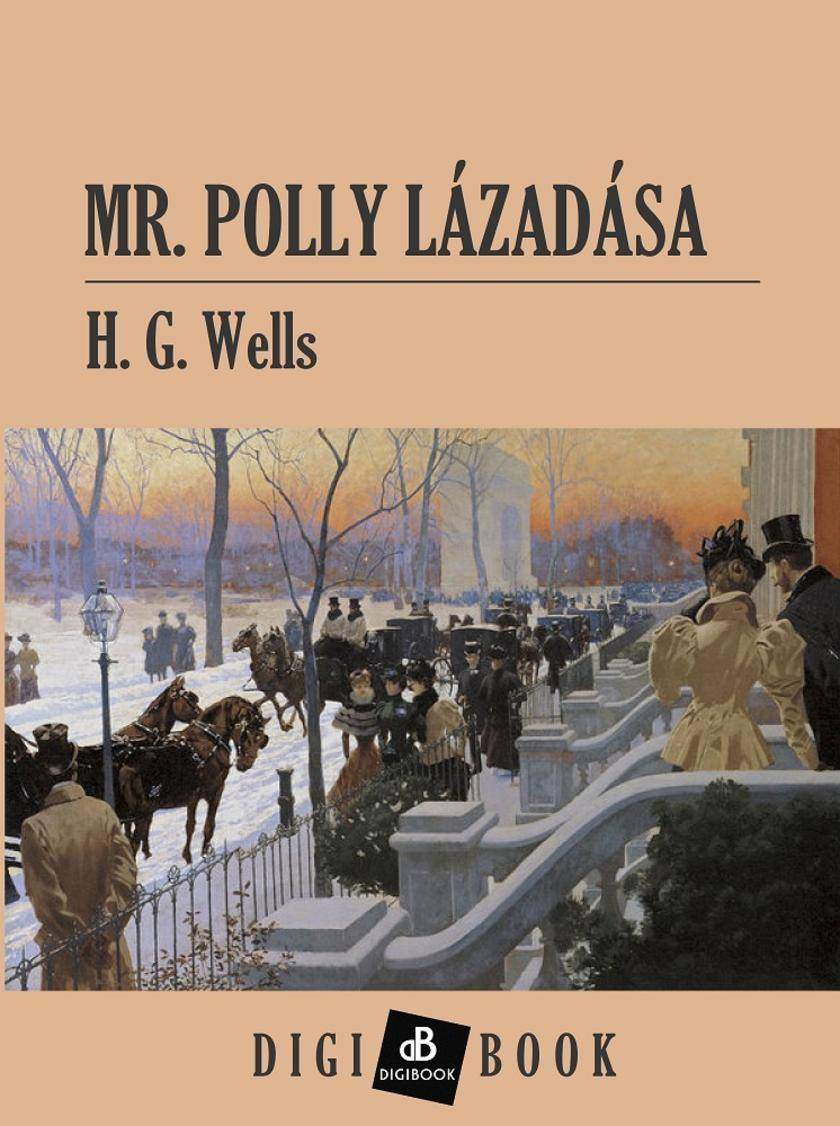
Mr. Polly lázadása
¥28.86
Mr. Polly lázadása

India szigetvilága
¥25.91
India szigetvilága




 购物车
购物车 个人中心
个人中心



